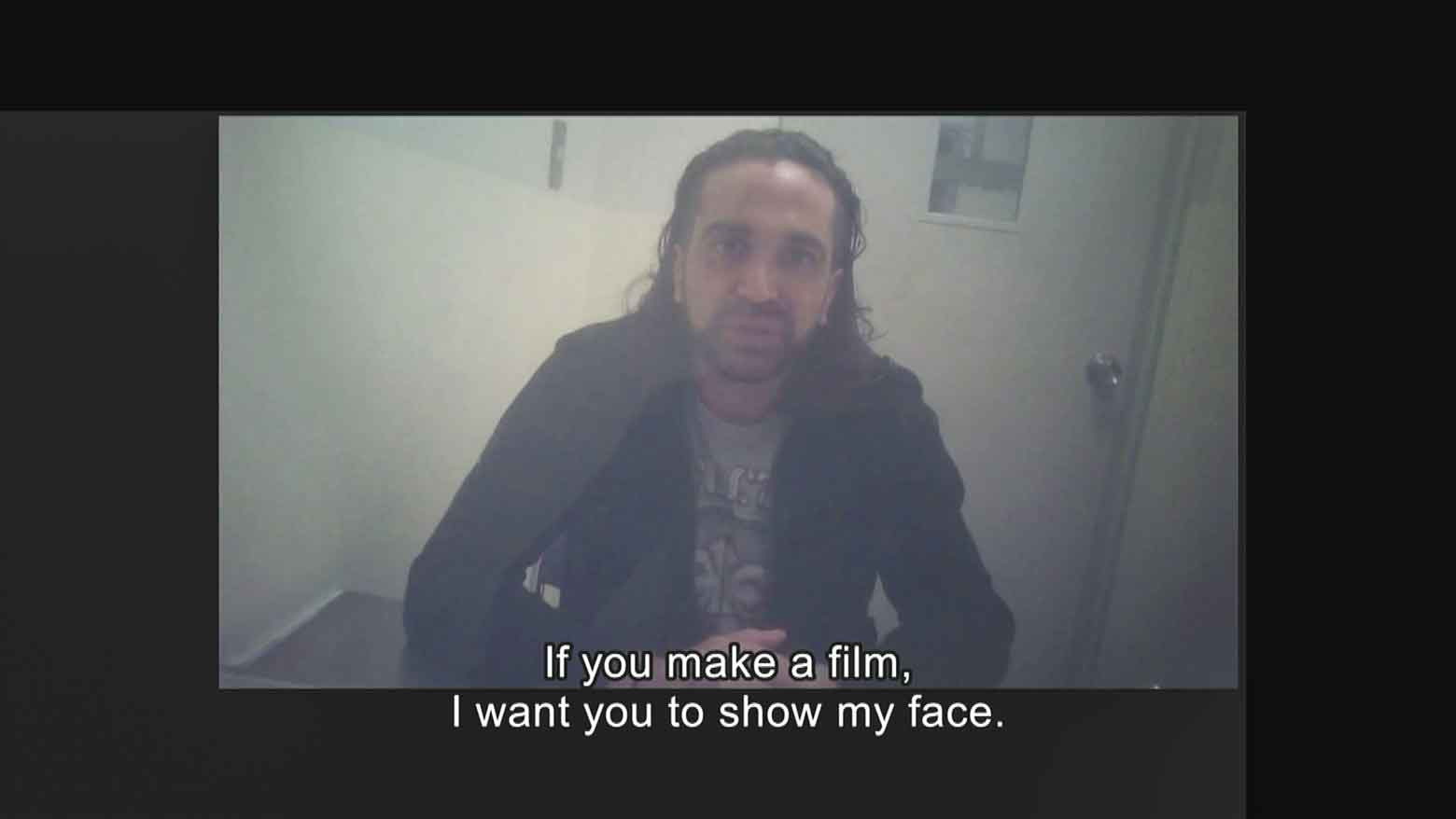A memorial service for a Sri Lankan woman, Wishma Sandamari, was held at a temple in Aichi Prefecture on March 6. It was attended by her younger sister, Purnima, and other supporters. The day marked the first anniversary of Wishma's death at an immigration detention facility. During the six months the 33-year-old was detained, she repeatedly complained of ill health, but did not receive the care she asked for. The Justice Ministry admits that in Wishma's case, the facility's medical system was insufficient. But her death has not been the only tragedy to occur within the walls of Japan's detention centers in recent years. Since 2007, there have been 17 deaths, including suicides.
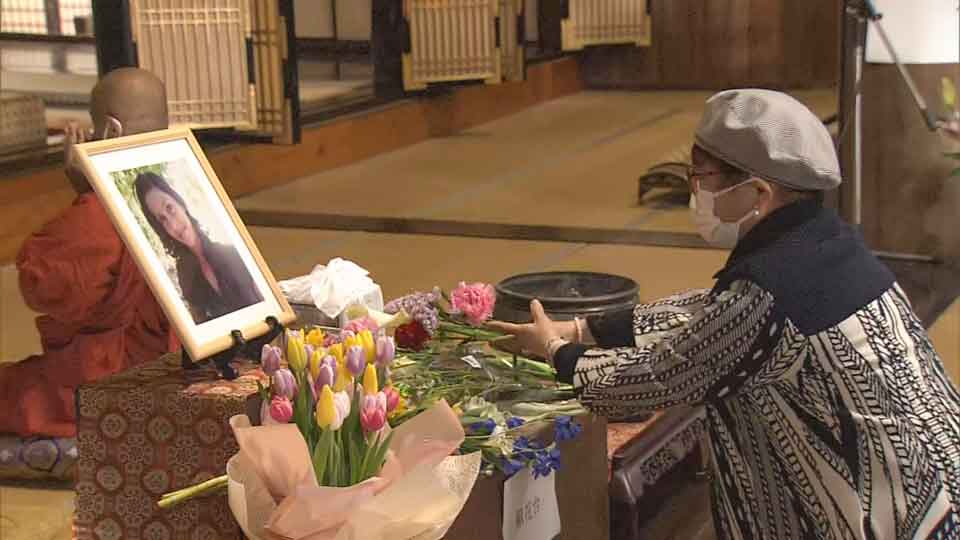
Mano Akemi, a volunteer who makes regular visits to detainees, met with Wishma and became friends. She was devastated by her death and is advocating for greater transparency in detention centers. "The biggest problem is the immigration system in Japan," she says. "It really is a black box. I think speaking up has been essential, and I am trying to make more people aware of this problem."
In response to the criticism surrounding Wishma's death, Japan's immigration agency has announced 12 improvement measures, including raising awareness among staff members, strengthening the facilities' medical responses, and setting clear guidelines for granting provisional release to detainees who are suffering ill health.
But the agency is also calling for controversial changes to Japan's immigration law. It says the current legislation creates a situation where there are more people in detention than there otherwise would be. The reason, they say, is that it allows people with no legitimate asylum claim to repeatedly apply for it to avoid deportation. Under international law, asylum seekers cannot be deported.
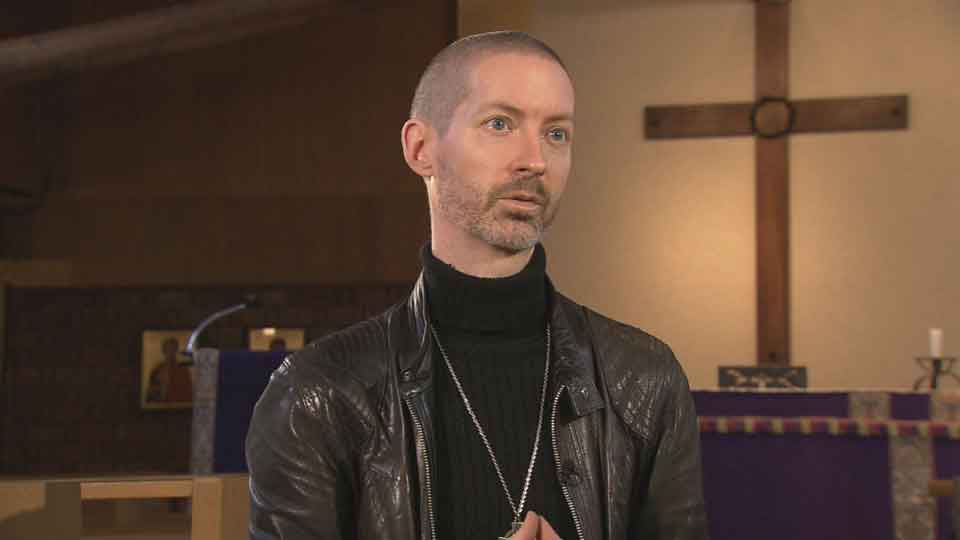
Thomas Ash, an American filmmaker living in Japan, recently made a documentary named "Ushiku" that urges people in Japan to face the reality of how their country's immigration system works. He says he "started filming with the strong belief that it is imperative to leave evidence so that if an incident occurs there will be no denying it in the future."
In October 2019, Ash began visiting an immigration detention center in Ushiku City, Ibaraki Prefecture — one of the largest facilities of its type in Japan — and met with detainees on a volunteer basis. At the time, around 265 detainees were being held there. There are 17 such facilities in the country with a total capacity of nearly 3,400 detainees.
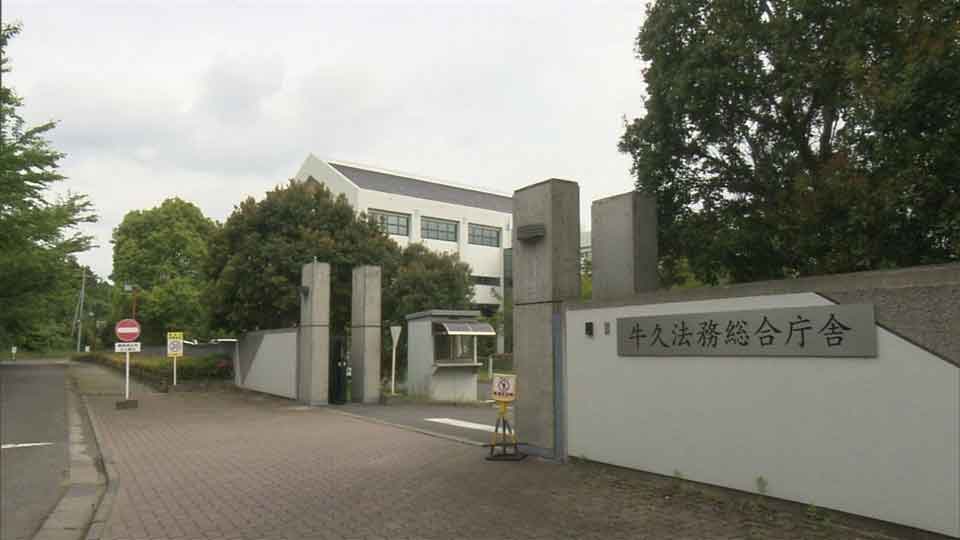
In the winter of that year, Ash began secretly filming his interviews with detainees using a small camera, despite that recording is strictly prohibited. Visitors are allowed to meet with detainees, but only with the understanding that journalistic research is barred. The documentary was shot over the course of about a year.
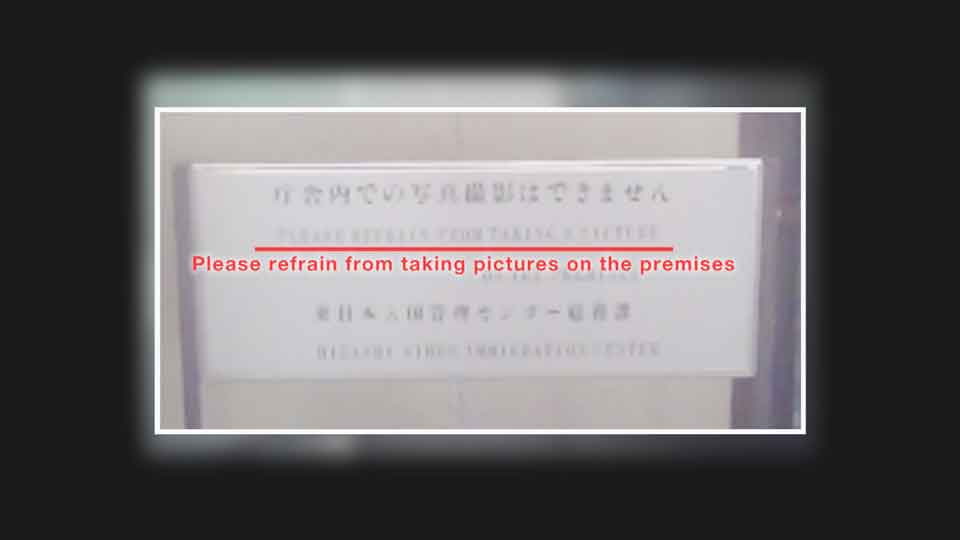
In one scene captured in the Ushiku facility's visiting room, an asylum seeker tells Ash he is refusing to comply with his deportation order because he fears persecution if he returns to his home country.
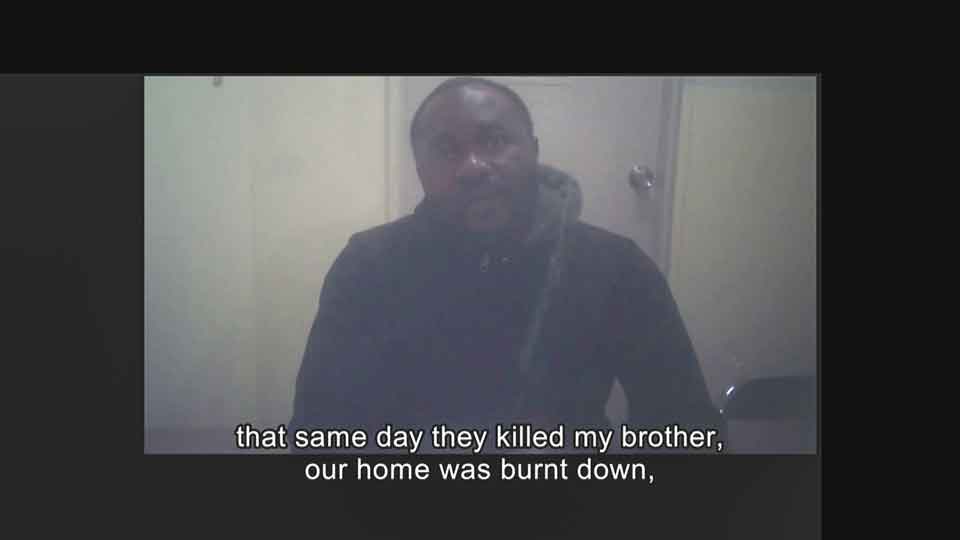
Another scene shows a young detainee who has gone on a hunger strike.
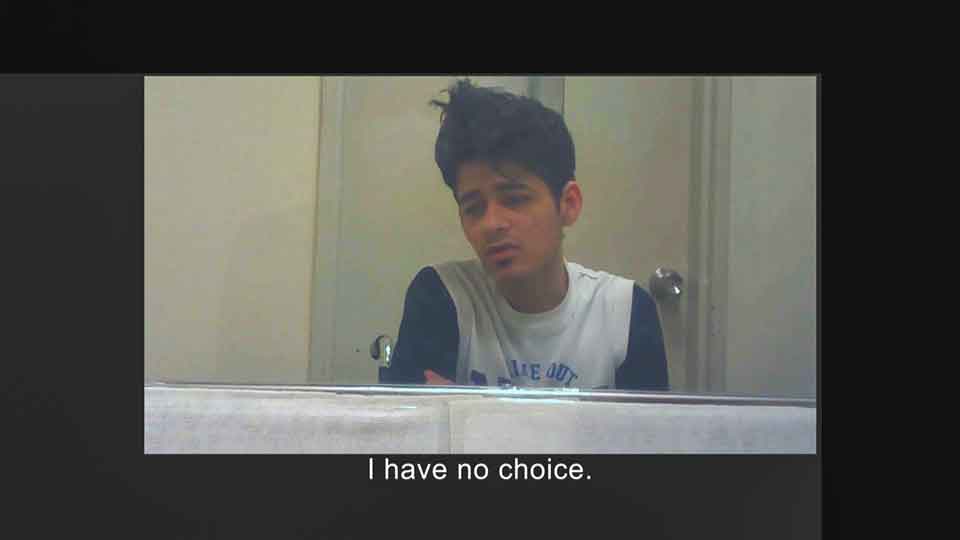
The detainee was one of several at the center who went on a hunger strike around the time that Ash began filming his documentary. The protest spread from spring 2019 to other facilities across the country, with a total of 235 detainees involved between June 2019 and January 2020. In June 2019 one Nigerian detainee died while on hunger strike at a Nagasaki Prefecture facility.
The film also contains footage that was submitted as evidence in a lawsuit filed by a former detainee who spent a total of five years in detention and was diagnosed with depression. Immigration officials explained that he became violent while asking for tranquilizers so they forcibly restrained him. They say the practice, known as "seiatsu" or suppression, is in accordance with facility regulations.
But Ash says, "Why did they go that far? It's a detention center, not a prison, right? They should not be considered as criminals. Even if they are illegal residents, they have human rights."

There has been criticism about Ash's decision to film in secret among support groups and some lawyers providing aid to detainees. The documentary is controversial not only because it was made covertly, breaking the agency's rules, but also because of the possible repercussions for the detainees it features.
The Immigration Agency told NHK it "considers filming while knowing that recording is prohibited inside the facilities to be an unforgivable act, no matter how much it is based on personal conviction."
The director explains, "I myself believe that rules or laws should be respected, but by respecting laws or rules, someone can also become a perpetrator." He says he felt compelled to make the film: "This person in front of me may die. He will probably die. I had to document that reality."
Ash says it's essential that people know what is really going on inside Japan's detention centers. "I think there are some people who are trying to sweep immigration and refugee issues under the carpet," he says, "as if we don't have to think about them because they are problems of distant countries or only of non-Japanese.
"They are people suffering here. This is something that is actually happening. I want to ask. It's happening in your country. Are you okay with that?"
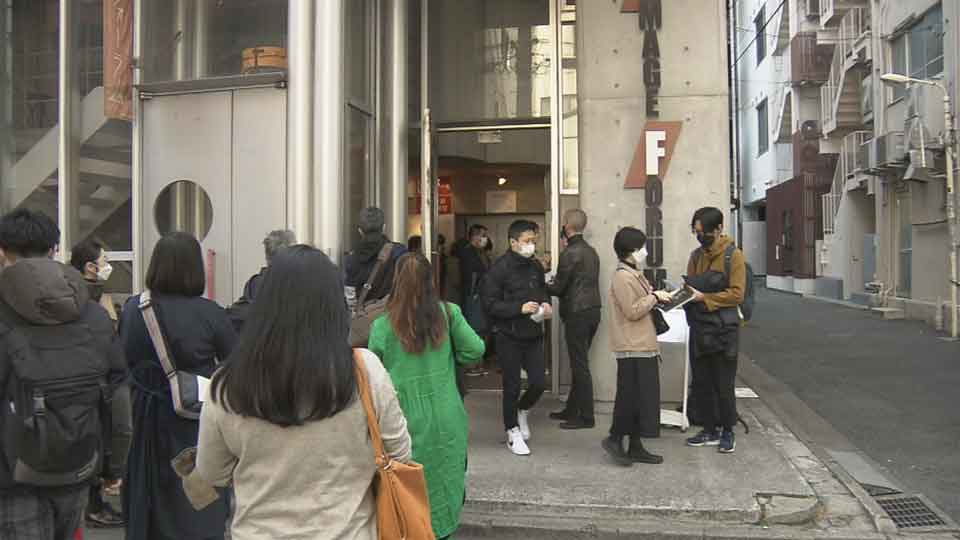
The film has caught many viewers by surprise. One woman in her twenties says she was shocked by how little she knew about the issue. Another man said he felt ashamed that he didn't know about the reality of what is happening in Japan and that Japanese people need to make this their problem.
Others have also been speaking out. Kinoshita Yoichi is a former immigration officer who leads a research group that advocates for immigration reform from the outside.
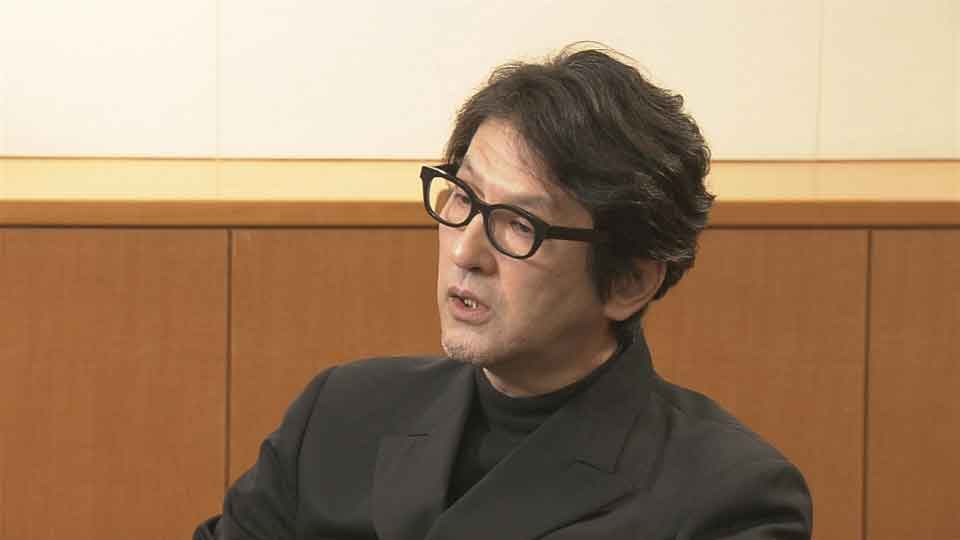
"I think the Immigration Services Agency has now realized that the days of handing out punishments without regard to the public interest or concern have passed," Kinoshita says. "The public can play a very important role in monitoring what the agency is doing so it's very important that people take an interest in the issue."
People in Japan are starting to make their voices heard on refugee causes. Local charity events and donation boxes are opening to help people displaced by the Ukrainian crisis. But is the government truly considering changes to its immigration policies?
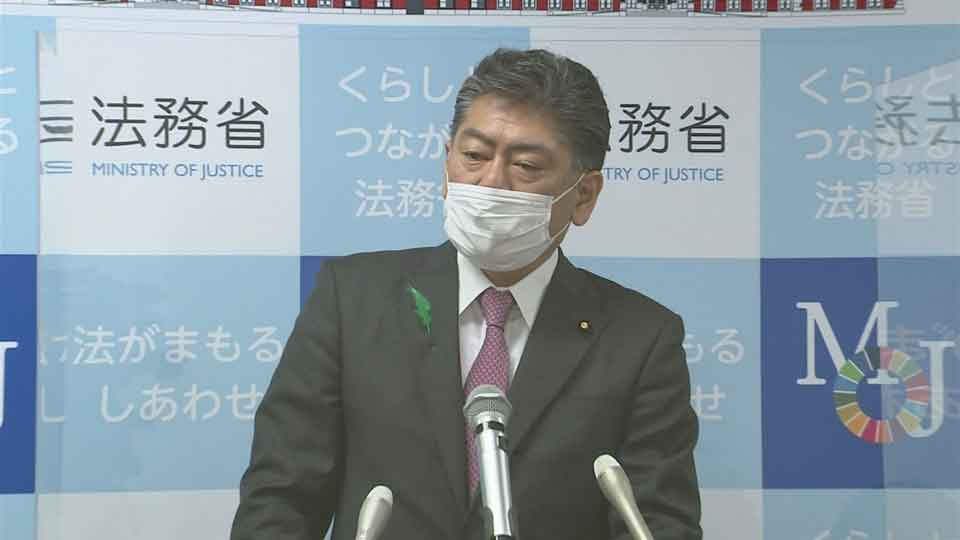
The justice minister, Furukawa Yoshihisa, announced in April that he wants to create a new policy called 'subsidiary protection' to support people, including Ukrainians, who are escaping war in their homelands but do not meet the requirements to be recognized as refugees in Japan.
But he also indicated the ministry would continue to support government policies proposed last year that would strengthen the agency's power to deport people, including asylum seekers, as a way to deal with long-term detention. The government had withdrawn the proposal amid strong public opposition in the wake of Wishma's death.
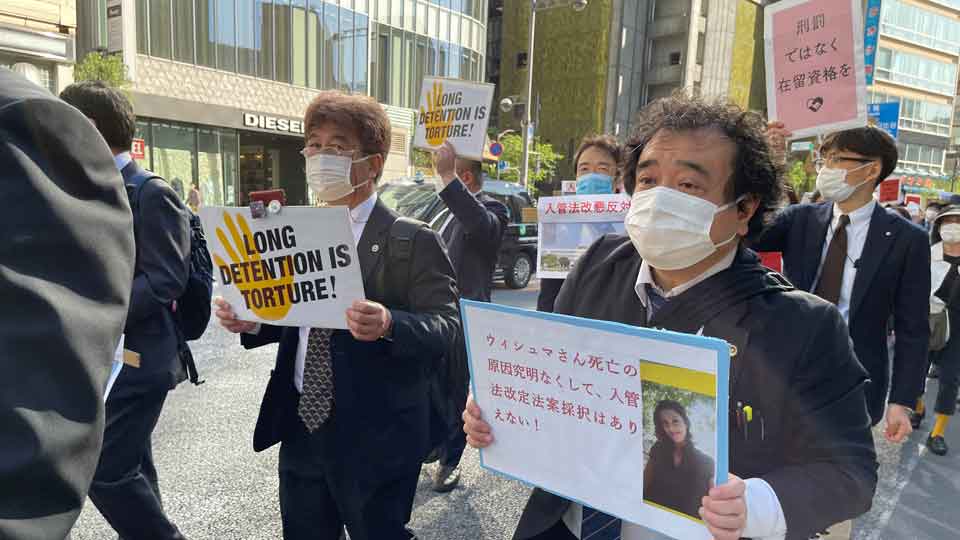
"At present, 'fleeing conflict' is not a sufficient reason to be recognized as a refugee in Japan, which has one of the strictest screening processes in the world," says Takahashi Wataru, a human rights lawyer and researcher on immigration laws for the Japan Federation of Bar Association. "Less than 1 percent of applicants are granted refugee status. The government appears to be using what looks like a positive move as a cover to pass its former plan, which aims to strengthen its deportation policy and continues to evade discussing the core of the issue. The government needs to reform its strict screening process to recognize the refugee status of people fleeing war, including Ukrainians, and end long-term detention of asylum seekers."
The UNHCR has said that measures for subsidiary protection should not replace or undermine the refugee protection system of asylum seekers.
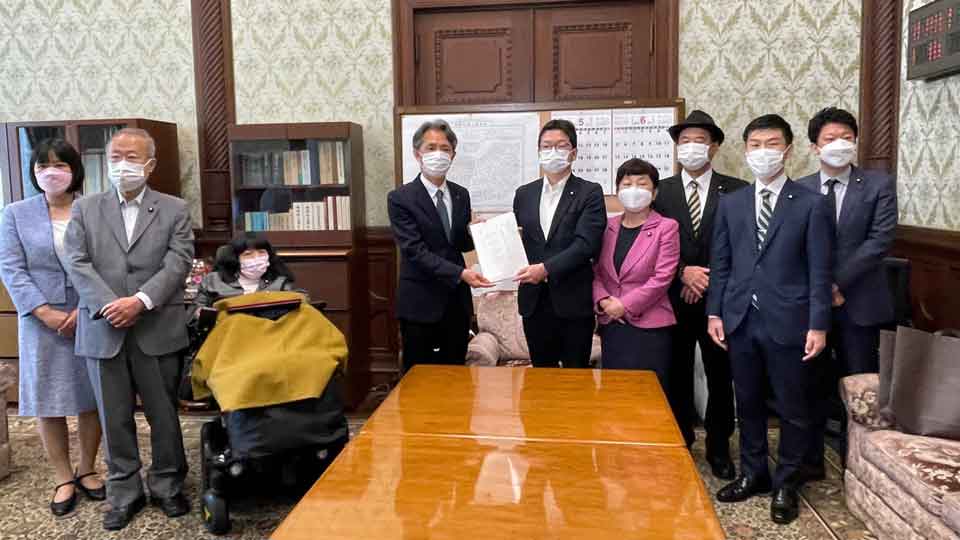
The opposition parties proposed their own plan in early May. It recommends setting up an independent expert committee to examine refugee applications, make a court order necessary for detention, and limit detention-period extensions to six months.
The system of indefinite detention has drawn criticism from the UN's Human Rights Council for being inhumane. At the same time, Japanese politicians and businesses have said they are willing to embrace a more diverse society — partly due to the country's severe labor shortage. But the confusion over immigration has only sown anxiety among non-Japanese residents.
Public awareness is on the rise, in part because of Wishma's death, Ash's documentary and the invasion of Ukraine. Any changes that take place are likely to happen slowly, but these factors may add momentum for reform.
